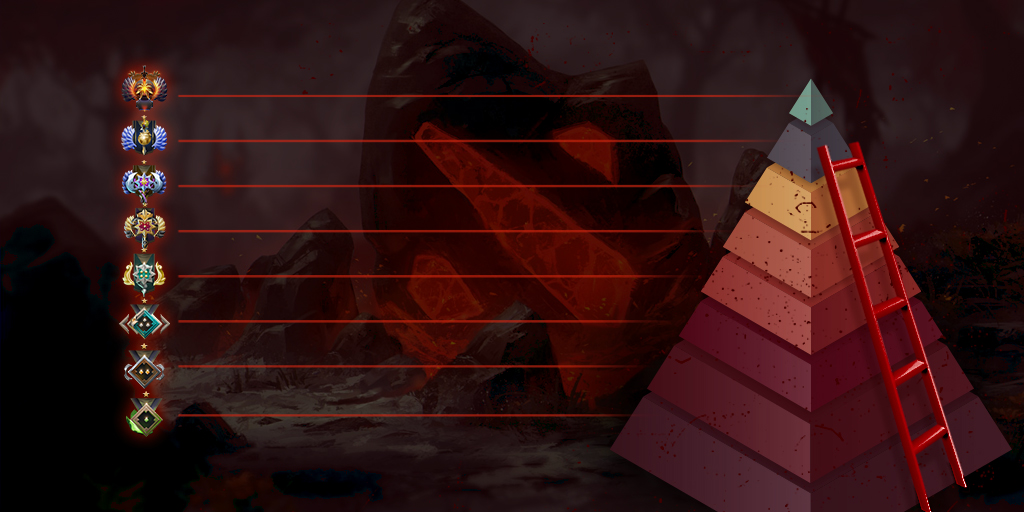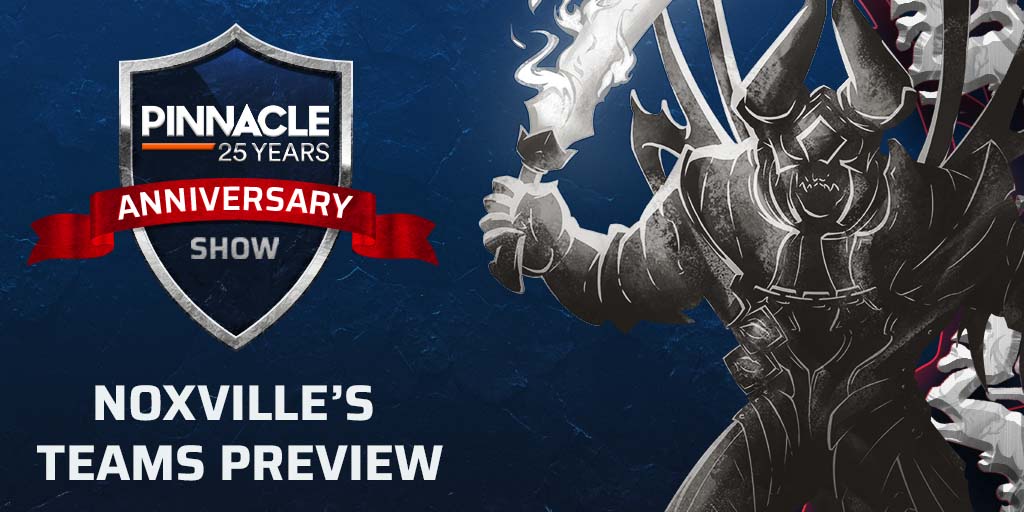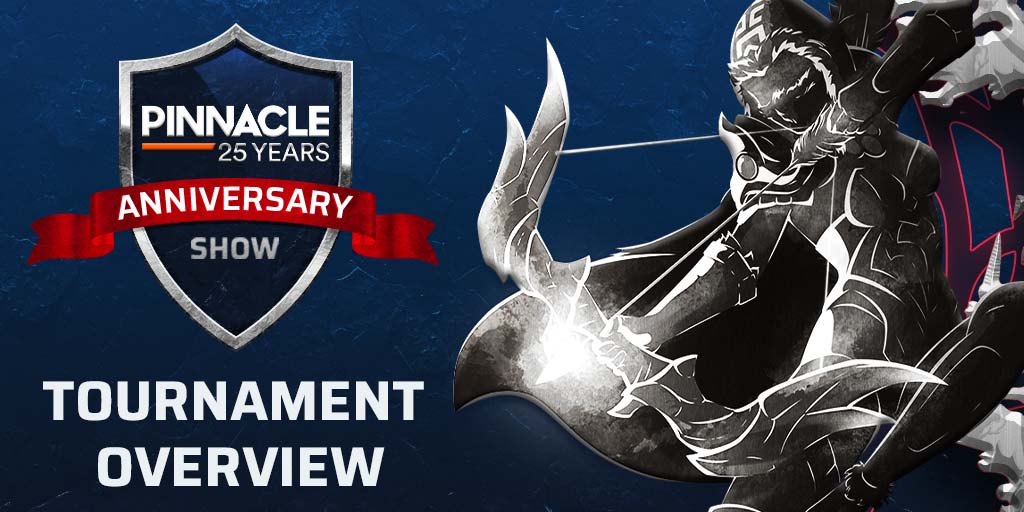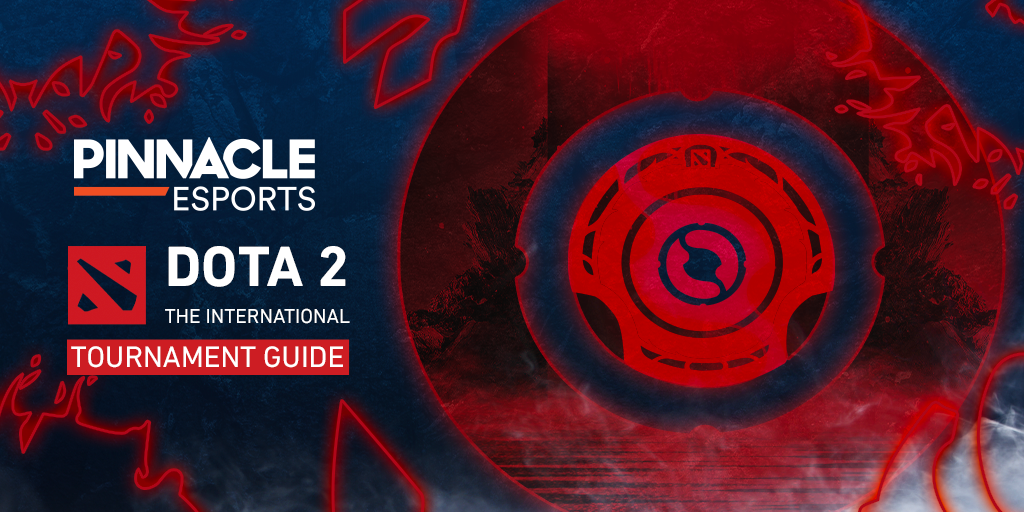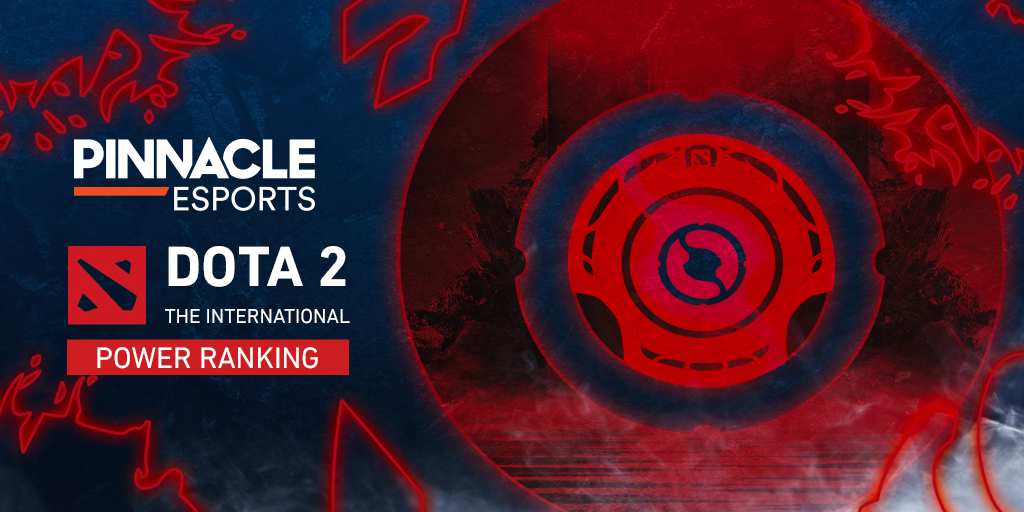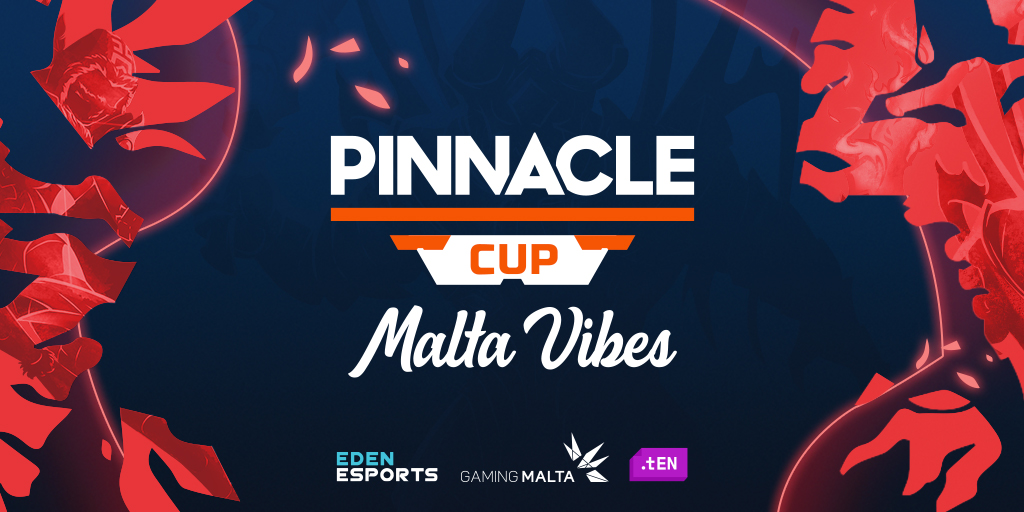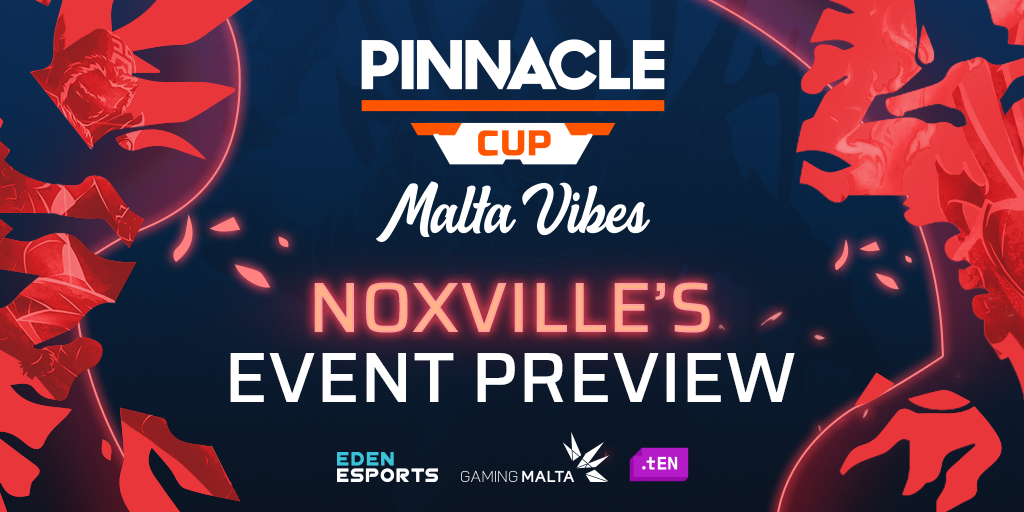You have decided that now is the time to take a step into the daunting world of ranked matchmaking. The intimidating 'Ranked' button calls you to play for higher stakes. But before you enter, here is some knowledge to take with you on your journey.
After filling the initial requirements of playing the game for at least a hundred hours – perhaps coming to the realization that it is definitely not enough time to even get out of your figurative baby shoes in Dota 2 – and linking an active phone number to your Steam account, you'll be dropped into the deep end of the pool. The first dip takes you into 10 calibration games for your first ranked experience.
Getting to grips with Calibration Games
First up, you will probably lose most of your ranked calibration games. Now we’ve gotten that out of the way, let’s first look at how your matchmaking rating (MMR) is calculated. A big part of the calculation is kept a secret by Valve, to keep players from “gaming the system” and diminishing the worth of the ranked rating and subsequently the ranked matchmaking.
However, there are some clues that Valve has shared, and other aspects that become evident when you are playing in this highly competitive mode. Winning or losing a game is only a small part of the equation when you are playing to earn your first badge. As already mentioned, you will probably lose your ranked calibration games, but your calibration itself will not be heavily affected by that fact. Rather, that will come from how you actually performed in the matches to earn your first rating.
Understanding Ranked Roles
Moreover, you will be earning a performance score for your capabilities in different roles to show your relative strength in each. This score will be used to match you more accurately with, and against, other players at the same level in the role you chose to play. You can see your performance in each role after you have completed the initial calibration games to see which role could be the best fit for you, and where you might need to do some catching up.
Though you have only yourself to rely on, Dota 2 is still a team game. While you may know what you are capable of, you should still know what your teammates are doing.
What role should you play to rank up? The matchmaker will also adjust the overall MMR rating of the match to whatever role you have picked. If you picked the roles you are weaker in, you will be put into a match where the overall MMR is adjusted to that level. If you picked the roles that you are stronger in, the opposite will happen and you will be playing in a slightly higher MMR lobby. Your badge for these matches will be adjusted accordingly, but whatever the outcome of the game your overall MMR will be affected uniformly.
But still, what role is the best for ranking up? Valve has again and again tried to adjust every role equally, but historically, you should play a role that is low risk and high impact: a core role, safe lane carry or mid lane role. Not to say playing support roles are not essential, but they are usually a higher risk for seeing your rank go up.
Even if your mind is set on pursuing the career of a support player, many of the skills are transferable between the roles. Support roles are in general more reliant on how well the whole team meshes, hence the high risk, and probably why you see less of them in general matchmaking. What is important in the long run and not just in the current match you are facing is your confidence in execution, ability to adapt and...
Consistency
Through consistency you will find the winning patterns and what you need to adjust in your gameplay. You will figure out what needs to be fine-tuned and where you need to improve when you play from match to match on the same level. It is easier to find consistency if you play the same role and the same heroes. From there you can expand your knowledge, always from the baseline of your previously acquired skills.
But if you are supposed to play the same heroes, the same small set of heroes, what heroes should you pick? The main point to keep in mind is the current matchmaking hero trends (more often referred to as "meta") in public matchmaking: the heroes that have a high pick-rate, and a high win-rate.
Matchmaking will also adjust the match's MMR rating to whatever role you have picked, so you will be put into a match where the overall MMR is adjusted.
The pick and win rates shift from patch to patch. To find more up to date info about that there are a plethora of online tools that keep track of these statistics. Your hero pool in general should not be big to keep training towards consistency. Knowing the current meta, you should also keep yourself informed on the counter-picks, heroes that bring a skill-set that will diminish yours, for each of the heroes you are looking to play, to avoid cornering yourself.
For this, you could turn to analysing each hero one by one or consider watching professional level games. Professional or semi-professional tournament matches can help with better analytical knowledge, but not every aspect of pro play will be helpful. What you want to look out in pro-level games are what heroes are being drafted against the heroes you are looking to play. But beware of drafting the heroes that are picked in professional games in public matchmaking, you are fighting for yourself and being able to rely on your team is not always a given.
The trouble is that for most of ranked matchmaking you will be playing with a team but the most impact anybody will have on the game is yourself. Whereas on a professional level the players will already have an understanding on what role everyone plays, and what they can contribute. Jumping from lobby to lobby you will not have that luxury, other than sometimes queueing into the same handful of people who you might have enjoyed played with
Information is key
Even though you have only yourself to rely on, Dota 2 is still a team game. While you may know what you are capable of, as it is a five-versus-five game, you should still inform yourself on what your teammates are doing and how they are reading the game. You should also return the favour of letting your teammates know of any important pieces of information; when your ultimate ability is off cooldown, if an enemy is missing from your lane, how far you are from completing or purchasing an item and so on.
But beware of falling into the pits of unnecessary communication. Some might see this as a topic of etiquette, but it should be more seen as a topic of focus. Every moment you have to make crucial decisions about what needs to be done next, and wasting effort to either write empty criticism of your teammates or teaching them how to play will pull away time from your own decision-making.

